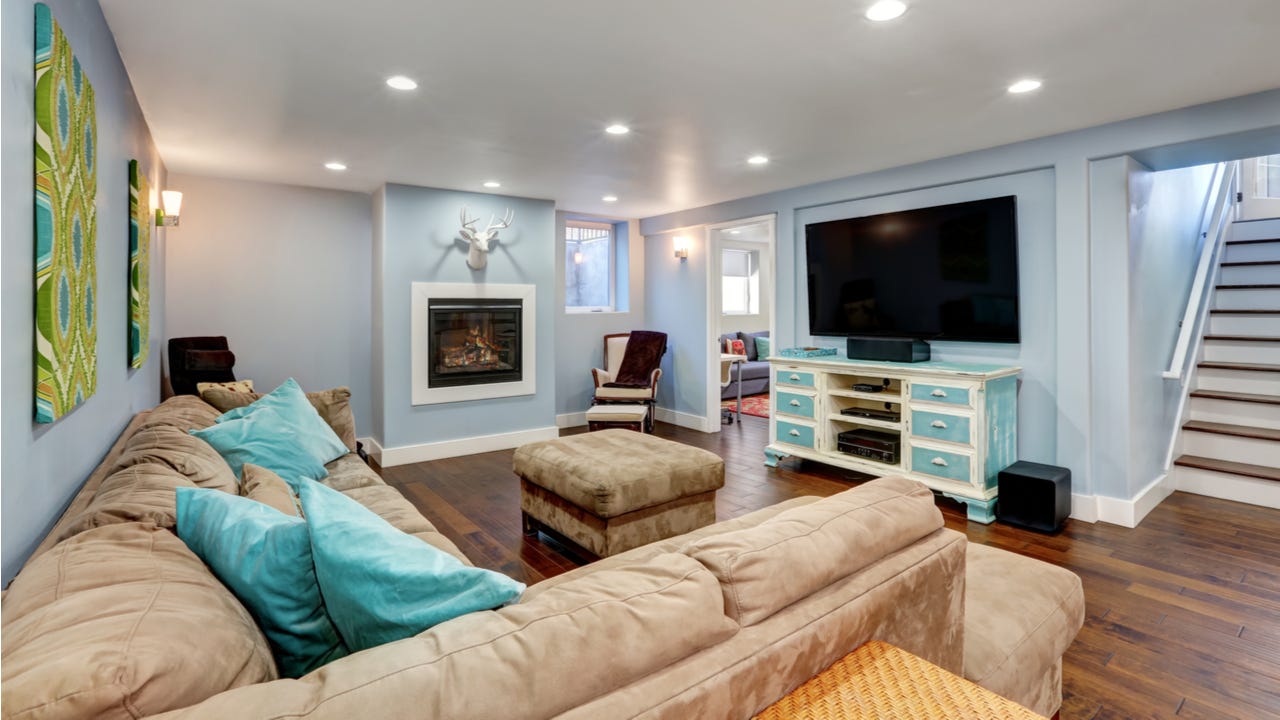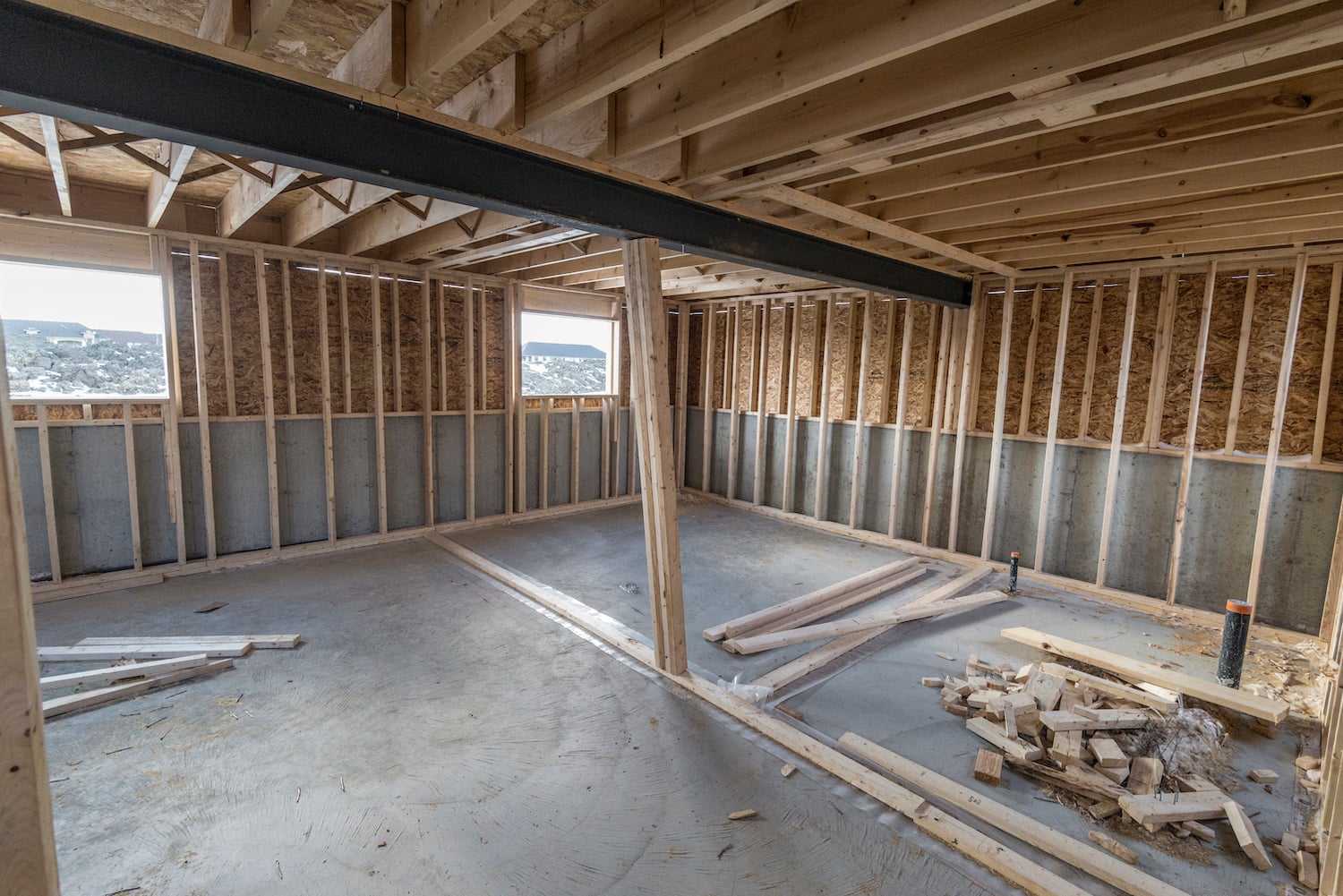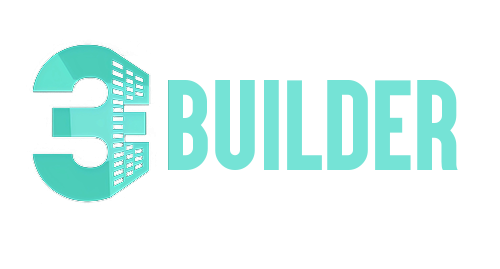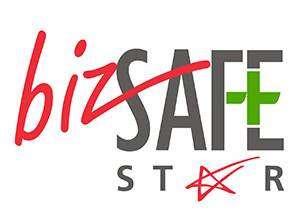
Are you looking to add functionality and livability to your home by transforming that often-neglected basement space? Finishing a basement can be one of the most rewarding home improvement projects, but it is also one of the more expensive ones. But don't worry!
In this blog post, we will help you identify all the factors in estimating basement finishing costs and provide tips and tricks for tackling your project efficiently and within budget.
Keep reading to get an overview of how much money things like waterproofing and framing will add up to and other important aspects when figuring out what budget you should allocate for reconstructing that vacant area into something more useful.

Basement finishing is transforming an unfinished basement into a livable space. This can include everything from installing drywall to adding flooring, electrical wiring, and plumbing for a complete basement remodel. Depending on your basement’s size and condition, basement finishing costs vary greatly.
Basement finishing is a complex process and requires specialized skills. Before you start, it’s important to consider the basement’s construction and assess potential issues like basement humidity levels or mold growth.
The first step in basement finishing is waterproofing: sealing your basement walls, floors, and windows with a membrane that helps keep moisture out. This will help protect your basement from water damage and mold growth.
The next step is framing: constructing walls, door frames, and ceiling beams with wood or metal studs to create separate rooms in the basement. This allows you to divide the basement into individual living spaces, including bedrooms, bathrooms, home theaters, offices, and more.
Once the framing is complete, it’s time for drywall installation, which involves hanging drywall sheets to cover the framed walls. Drywalling also includes taping and mudding joints and sanding them down for a smooth finish.
You may also need to install acoustic insulation between the wall studs before installing the drywall panels.
The basement finishing process includes electrical wiring, plumbing, and HVAC work. Electrical wiring involves installing fixtures like switches and outlets. If you’re adding a bathroom or kitchenette to your basement, including the necessary plumbing for sinks and showers is important.
Lastly, if your basement isn’t climate-controlled, consider investing in an HVAC system that will keep it comfortable year-round.
You can choose from various flooring options, including carpets, hardwood floors, vinyl planks, tiles, and more. Select a flooring option that complements your basement's style, function, and availability within your budget.
Basement finishing is a complicated process, but carefully planning and budgeting can create the basement of your dreams. With the right materials, expertise, and patience, you can transform your basement from an unused space into one that adds functionality and livability to your home.
Finishing a basement can be intimidating, especially because of the costs involved. You don't want to go into it blind and come across any unforeseen expenses! Many factors make up the basement finishing cost, and understanding them will help you estimate your budget.
The basement size is one of the biggest factors determining your basement finishing cost. The bigger the basement, the higher the cost. This is because more materials, labor, and time are needed in a large basement space than in a smaller one.
Be sure to measure and sketch your basement before you begin your basement project.
There are three basement types – finished, semi-finished and unfinished. This will have an impact on the cost breakdown of the basement finishing cost.
Unfinished basements are cheaper because they require less work. Semi-finished basements might need some repairs and updates, while a fully finished basement may require full insulation, electrical wiring, plumbing work, drywall installation, plumbing fixtures, flooring, and more.
If your basement is unfinished or semi-finished, you can save money by doing basic labor, such as painting or installing flooring or other wall treatments like paneling or tile.
Suppose your basement has already been finished before. In that case, you might be unable to save money and should budget for a full renovation, including new materials and labor costs.
Be sure to assess your basement type before you begin your basement project. This will help you better determine the basement finishing cost.
Labor costs are another important factor in basement finishing costs. This cost will depend on the complexity of the basement project and the number of workers needed to complete it.
In most cases, you'll need a contractor or team of professionals to help with plumbing, electrical wiring, framing and drywall installation, insulation installation, flooring installation, electrical work, or other finishing touches.
Depending on your basement renovation project, you might need additional workers like HVAC technicians and plumbers.
When budgeting for basement finishing costs, be sure to factor in labor costs ranging from $15-$20+ per square foot per hour for basic labor and more for complex projects involving licensed contractors.
When finishing your basement, it’s important to consider the building permits and inspections that may be necessary. Depending on the scope of your basement project, you might need a permit from city or county officials. These permits ensure safety standards are met in residential construction projects.
Your basement project might also require an inspection by local authorities before completion. This helps protect you and your neighborhood from potential hazards basement renovations create.
Be sure to factor permit and inspection fees into your basement renovation budget, as these costs can add up quickly if not accounted for beforehand. Permit fees generally range from $50-$500 depending on the complexity of the basement cost project and any additional requirements like sprinkler systems.
Inspection costs can range from $25-$200, depending on the basement’s size and the project's scope.
The type and quality of materials you use for your basement finishing project will also determine the overall cost. Basement projects can range from basic renovations using standard building materials to more complex projects requiring specialty items, like waterproofing membranes or HVAC systems.
Project scope means the work needed to complete a storage or living space basement. It includes adding a basement bathroom and kitchen, insulation, drywall, and flooring if needed. It can also include new staircases for basement access. The project scope will determine the basement finishing cost as much as it affects the materials and labor required to complete the basement project.
Geographic location can also affect basement finishing costs. Costs may be higher in larger cities due to the cost of living, while basement renovations in rural areas typically have lower basement finishing costs.
Also, if you live in an area prone to flooding or other natural disasters, consider waterproofing your basement when remodeling. Doing so will help protect your basement from incurring costly damages.
The geographical location of your basement may also determine the quality and availability of materials and labor costs. Varied climates can affect basement temperatures and provide different insulation options. Research basement-specific materials and contractors in your area when estimating basement finishing costs.
For basement finishing when it comes to basement finishing, there are some additional costs and considerations that can quickly add up and exceed your initial budget.
Waterproofing basement walls is one of the most important factors to consider - basement flooding can cause significant damage to your home. Waterproofing can be simple or require more complex measures, such as a sump pump, wet bar, and basement drainage, depending on the basement's condition.
Be sure to get a professional basement waterproofing contractor to inspect the basement before you start your project so that you know exactly what is needed.
Framing and insulation are essential for basement remodeling and finishing projects; they include egress window, basement ceiling, etc., as they provide the foundation for your basement remodel.
Framing and insulation costs can vary greatly depending on the basement's size, the type of materials used, and other factors. If you plan to hire a contractor to frame your basement, get multiple quotes to find the best price available.
The flooring in your basement must be durable, easy to clean, and comfortable enough to walk on - it will also need to fit with the look and feel of the rest of your home. Various options exist for basement flooring- from traditional carpet or hardwood floors, tile floors and even sealed concrete.
Depending on your chosen material, the cost can range from relatively affordable to quite expensive.
Basement lighting is essential for basement finishing projects, as it helps create an inviting atmosphere and provides visibility in the basement. When selecting basement lighting, consider energy-efficient options such as fluorescent or LED lights - these will help you save money on your electricity bills.
Various types of basement lighting are available, including recessed, track, and pendant lights - each has a unique look and price point.
Plumbing and electrical work are essential for most basement finishing projects. If you plan to add a bathroom, kitchen, or laundry room to your basement, these services will be needed to install appliances and fixtures.
Hire a licensed plumbing and electrical contractor to ensure proper installation - this is especially important if you plan to use the space as a living area.
Once you have completed your basement finishing project, you may want to add furniture and accessories to make the space more functional. Furniture pieces like couches, chairs, tables and other items can be purchased new or secondhand. You may want to add decorative items such as curtains, rugs, and art to give the basement a cozy atmosphere.
These are just some additional costs and considerations that should be considered when budgeting for basement finishing projects. With careful planning and research, you can ensure that your basement project stays within your desired budget while meeting all your needs and expectations.
Basement finishing is not cheap and can take up a significant portion of your budget. That’s why it’s important to consider all potential costs when formulating a plan for completing your project. Here are some tips on how to save money on your basement finishing the project:
Basements come in many shapes and sizes, but there are common elements among them all. Before starting any work in your space, consider what type of layout will best fit the available area and make sure it fits with existing plumbing and your functional requirements. If you need help laying out the space, consulting with a professional can help.
Basement finishing materials like drywall and flooring can add up quickly when it comes to cost. Make sure you shop around for the best deals on these items, so you don’t overspend needlessly.
Basements are prone to water damage, leading to costly repairs. Use waterproof basement sealants along your walls and floors to help prevent any potential flooding and save yourself from spending more money later.
Insulating your basement is important for keeping energy costs down and ensuring comfort. Research options and choose something that fits your budget while providing adequate insulation.
Basement finishing projects can be done by yourself instead of hiring a professional company. If you are comfortable tackling easier tasks, such as painting or placing floor tiles in new bathroom, doing them yourself can help save you money.
While saving money where possible is important, don’t sacrifice quality for cost savings. Investing in higher-quality materials now will help ensure the durability of your basement over time and prevent costly repairs or replacements down the line.
Finishing a basement can add significantly to the value of your home, create an inviting living space, and improve the overall livability of your home. Basement finishing allows you to customize the layout and design that works best for you and suits your needs.
Finished basements provide versatile, additional living environments, from extra bedrooms or bathrooms to recreation rooms or play areas.
The total cost of finishing a basement can vary significantly depending on the size and scope of your project. Basement finishing costs an average of $10,000 to $35,000 but can be higher or lower based on individual needs and specific requirements.
Generally speaking, you should plan for at least 10-20% of your total home value for such a project.
If you need help financing your basement project, various options are available. These include home equity loans or lines of credit, personal loans, and cash-out refinances. Depending on your chosen route, you may be able to pay for the entire project upfront or in installments over several months.
Some contractors offer financing options to help customers with their basement projects. Be sure to thoroughly research your options and speak to a financial advisor if needed.
The most common issues with basement finishing projects include water seepage, mold, mildew buildup, poor construction, inadequate insulation/ventilation, electrical and plumbing problems, and structural integrity.
Some common mistakes people make when finishing a basement include not waterproofing the walls properly, failing to install proper insulation and ventilation systems, neglecting to check for structural problems before starting the project, and not budgeting enough money for unforeseen repairs.
Some homeowners overlook the importance of getting all necessary permits before beginning work in their basement.
Finishing a basement can vary greatly depending on the project's scope, materials, and labor costs. However, there are several ways to save money on your basement finishing. You can do some of the work yourself or hire experienced professionals. Research products, compare prices, and ask for quotes to ensure you get the best value for your money. Don’t forget to factor in additional costs and consider spending more upfront on quality materials that will last longer.
Mon : 09:00 AM - 07:00 PM
Tue : 09:00 AM - 07:00 PM
Wed : 09:00 AM - 07:00 PM
Thu : 09:00 AM - 07:00 PM
Fri : 09:00 AM - 07:00 PM
Sat : 09:00 AM - 07:00 PM
Sun : 09:00 AM - 07:00 PM
3E Builder & Prefab Pte. Ltd.
81 Tagore Lane #04-09B Singapore 787502
+65 9103 8188


